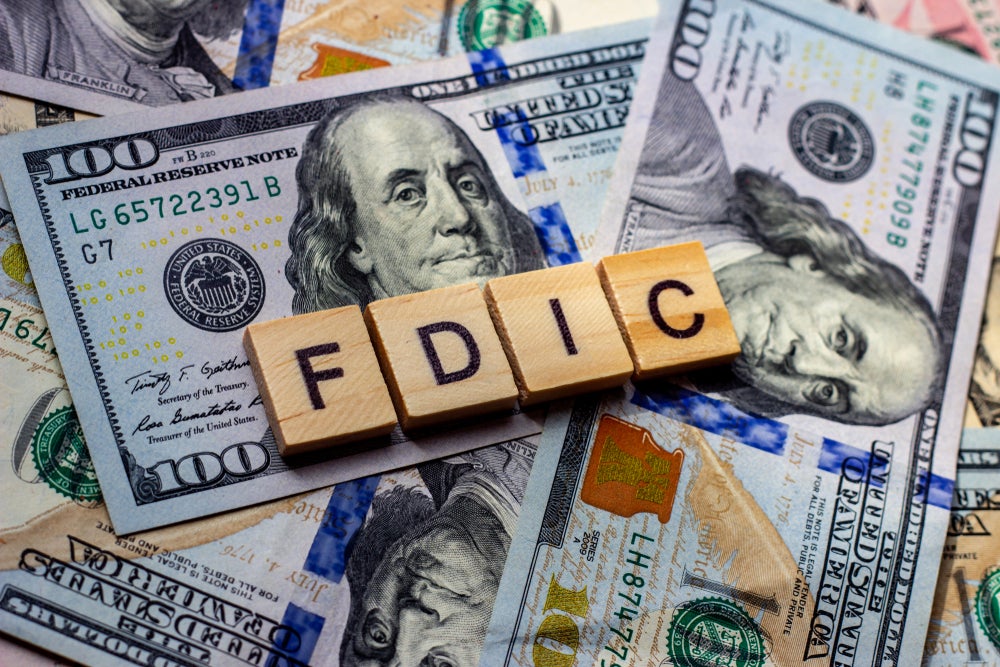The Consumer Financial Protection Bureau (CFPB) is increasing scrutiny on consumer-facing fees, proposing a rule prohibiting excessive non-sufficient fund fees on transactions that financial institutions decline in real time. The proposed rule would cap the chargeable fees between $3 and $14. JPMorgan Chase has indicated it plans to mitigate some of this lost revenue by increasing fees elsewhere, potentially alienating a portion of its customer base.
According to the CFPB, this rule would save consumers at least $3.5bn each year. Despite benefiting the consumer, the result for Chase Bank would be reduced revenue given it currently charges $34 per transaction that overdraws an account by more than $50 (capped at three fees per business day). To combat this, the bank has set its eyes on charging for ‘free’ checking accounts.
GlobalData 2024 Financial Services Consumer Survey
However, the question remains as to whether this will act as a deterrent for regulators or a reason for consumers to change banks. At current, the difference in satisfaction between consumers whose banks charge fees for checking accounts and those whose banks do not is significant. According to GlobalData’s 2024 Financial Services Consumer Survey, the Net Promoter Score (NPS) of banks that offer a non-fee-paying checking account sits at 46, compared to 32 for their fee-charging counterparts (n=3,016). In fact, the decision to introduce a fee-paying checking account bucks industry standard. In its 2024 survey, GlobalData found 74% of customers in the US said their current account had no monthly fee (subject to account minimum requirements).
The rising threat of digital challengers ‘no fees’ checking accounts
The concern for Chase will not solely be losing customers to equally established banks, but also newer digital banks who boast their ‘no fees’ checking accounts on their websites. Chime has already made significant headway as a digital challenger, with 14.5 million US consumers choosing to hold their money there. Although currently not as popular as Chase, its ability to grow its main bank market share to 5%—defined as the proportion of customers who consider a bank to be their main bank—in such a short period of time should be taken into consideration when making decisions that could potentially deter consumers from choosing Chase as their main bank.
As checking accounts are still an important low-cost source of funds for banks, JPMorgan Chase may benefit from regulatory compliance rather than threatening existing loyal customers with increased financial burden. The shift towards more transparent and convenient forms of financial intermediation is inevitable, and it is up to large commercial banks such as Chase to decide whether they are left behind.
Benjamin Hatton is an analyst, banking and payments at GlobalData

US Tariffs are shifting - will you react or anticipate?
Don’t let policy changes catch you off guard. Stay proactive with real-time data and expert analysis.
By GlobalData








